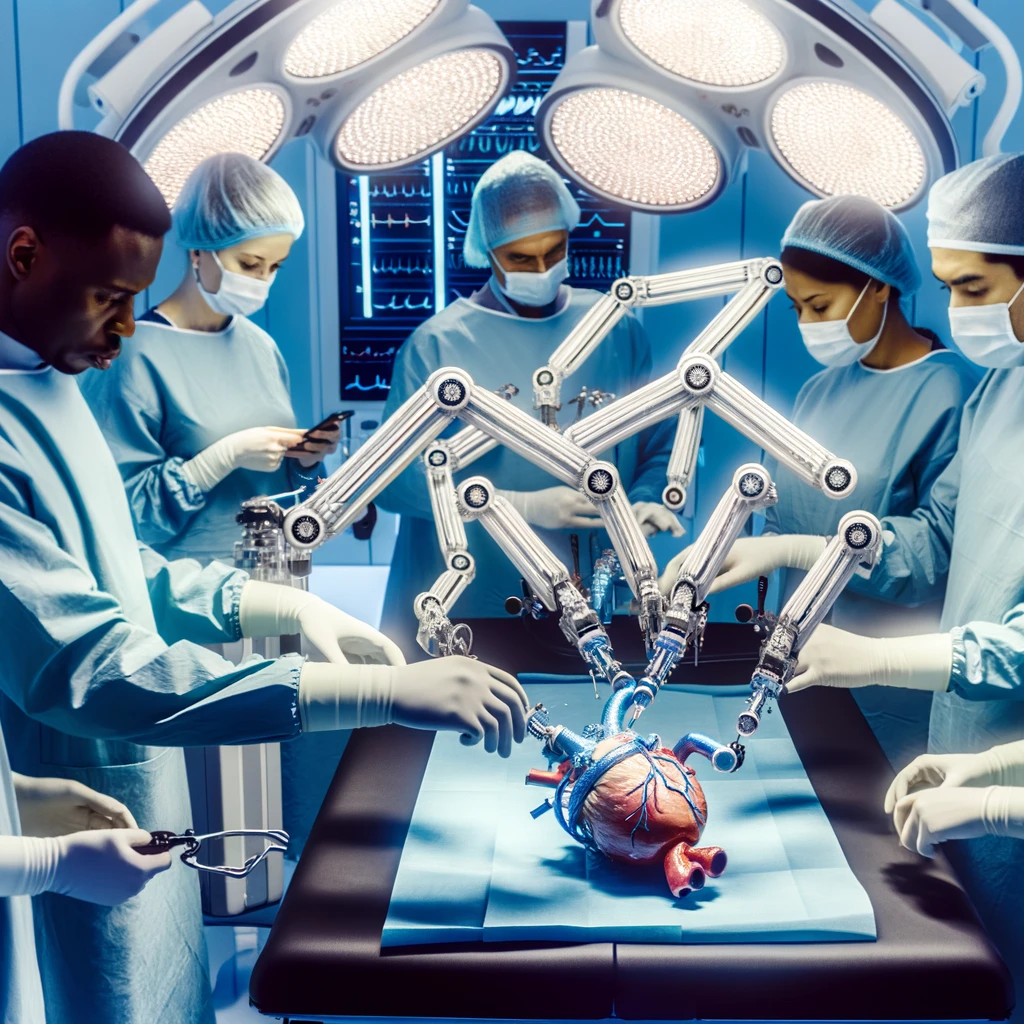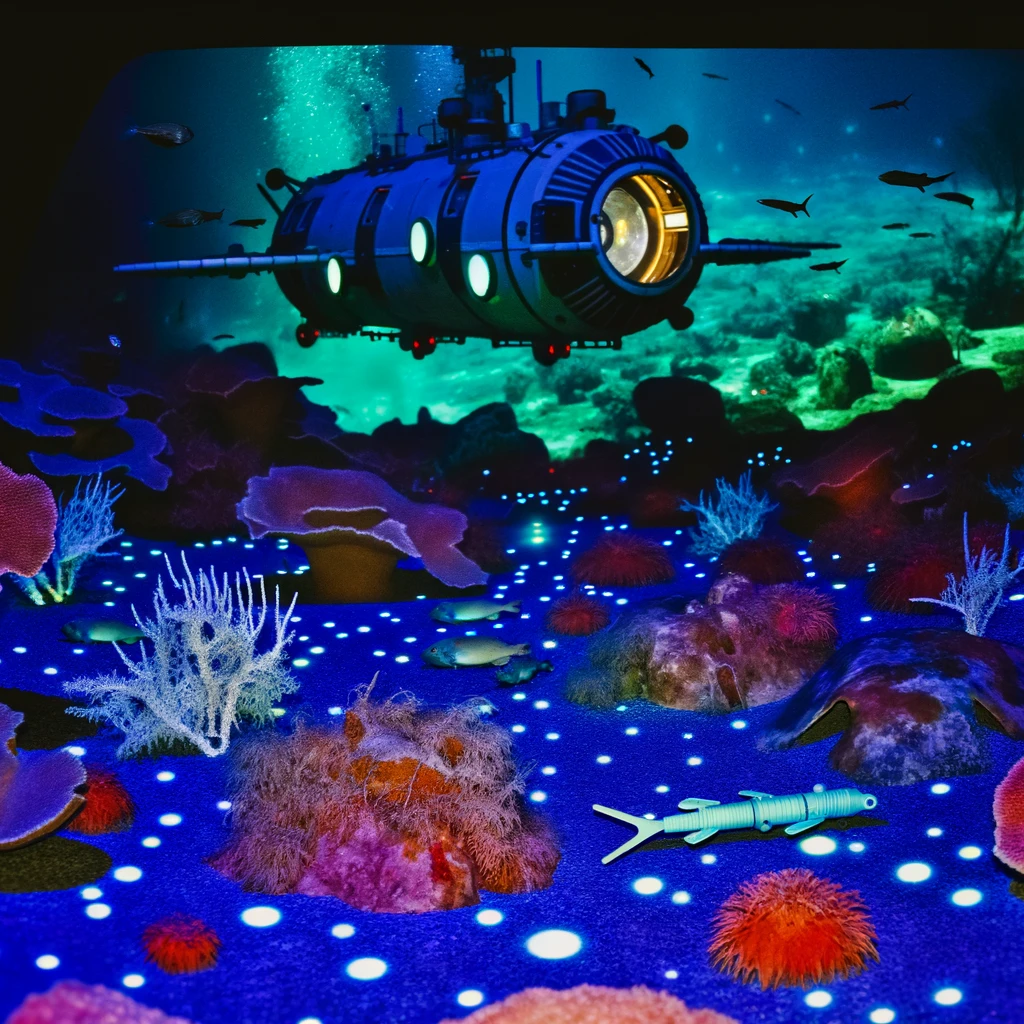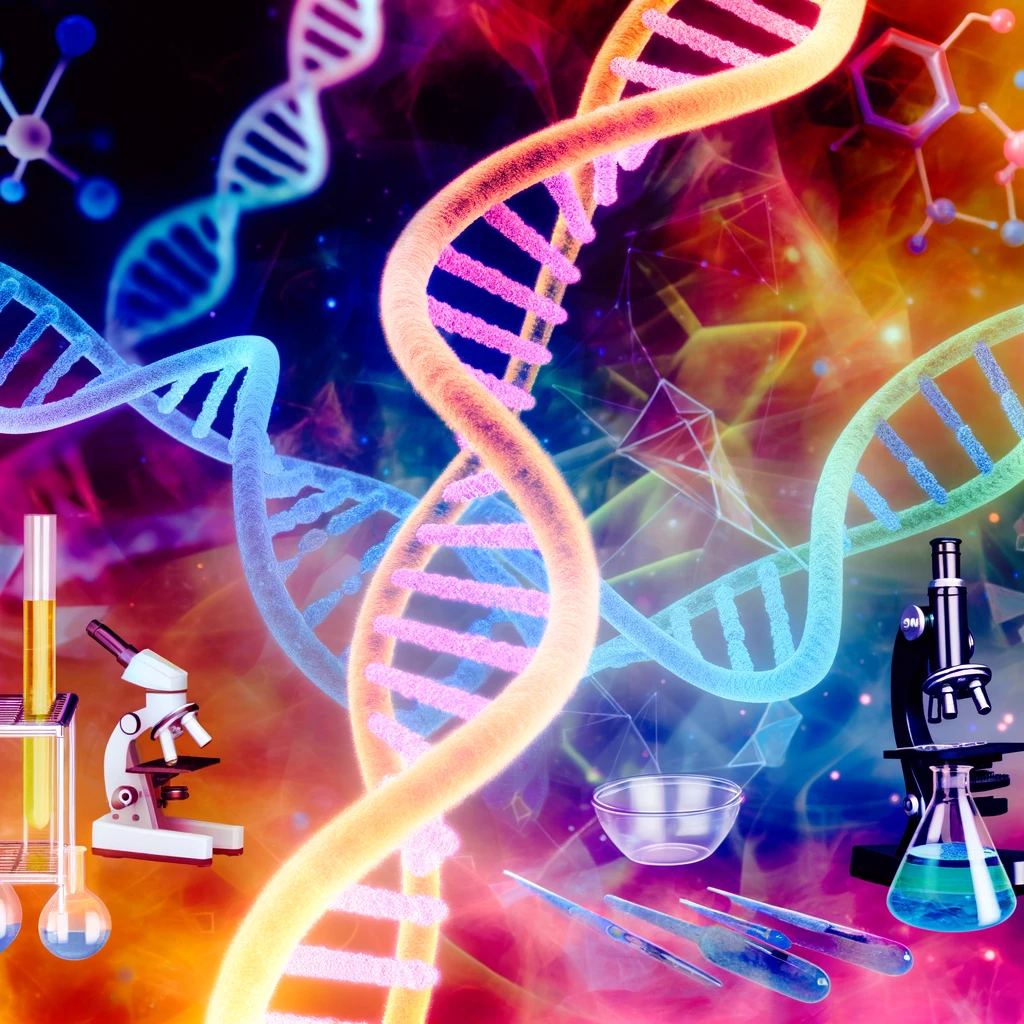
Introduction to Artificial Organs
In the ever-evolving landscape of modern medicine, artificial organs represent a groundbreaking advancement poised to revolutionize transplant procedures and patient care. These bioengineered devices are designed to replicate the function of human organs, offering a lifeline to those in need of transplants. With traditional organ donations unable to meet global demand, artificial organs provide a promising solution to this perennial challenge.
How Artificial Organs Work
Artificial organs are created using a combination of biological materials and advanced technology. They are designed to integrate seamlessly with the human body, performing essential functions that support life. For instance, artificial hearts use biocompatible materials to mimic the pumping action of a natural heart, while artificial kidneys leverage filtration technologies to replicate the body's waste removal processes.
Technological Innovations
The development of artificial organs relies heavily on cutting-edge technologies such as 3D printing, tissue engineering, and regenerative medicine. 3D printing allows for precise customization of organ shapes and structures, enabling the production of organs tailored to individual patient needs. Tissue engineering involves cultivating cells that form the basis of these organs, ensuring they function as intended once implanted.
Benefits of Artificial Organs
Artificial organs offer numerous advantages over traditional transplants. Firstly, they significantly reduce the waiting time for patients, as they do not rely on donor availability. This reduction in wait times can dramatically improve patient outcomes and quality of life. Additionally, artificial organs eliminate the risk of organ rejection, a common complication with donor organs, as they can be engineered from the patient's own cells.
Cost-Effectiveness
While the initial costs of developing artificial organs can be high, the long-term economic benefits are substantial. By reducing the need for lifelong immunosuppressive drugs and frequent hospitalizations due to organ rejection, artificial organs offer a cost-effective alternative to traditional transplants.
Challenges and Ethical Considerations
Despite the promising potential of artificial organs, several challenges and ethical considerations must be addressed. The complexity of organ systems makes it difficult to replicate their functions entirely, necessitating ongoing research and development. Ethical concerns also arise regarding accessibility and affordability, as these advanced technologies may not be available to all patients equally.
Regulatory and Safety Concerns
Ensuring the safety and efficacy of artificial organs is paramount, necessitating rigorous clinical trials and regulatory approvals. These processes ensure that artificial organs meet the highest standards before they are made available to the public.
The Future of Artificial Organs
Looking forward, the field of artificial organs is poised to make significant strides. As technology continues to advance, we can expect improvements in the functionality and accessibility of these devices. Collaboration among scientists, engineers, and policymakers will be crucial in overcoming existing challenges and ensuring that artificial organs become a staple in medical practice worldwide.
In conclusion, artificial organs hold the promise of transforming the future of transplants and medicine. Their potential to alleviate organ shortages, reduce healthcare costs, and improve patient outcomes makes them a critical focus of medical research and innovation.
Related Articles





